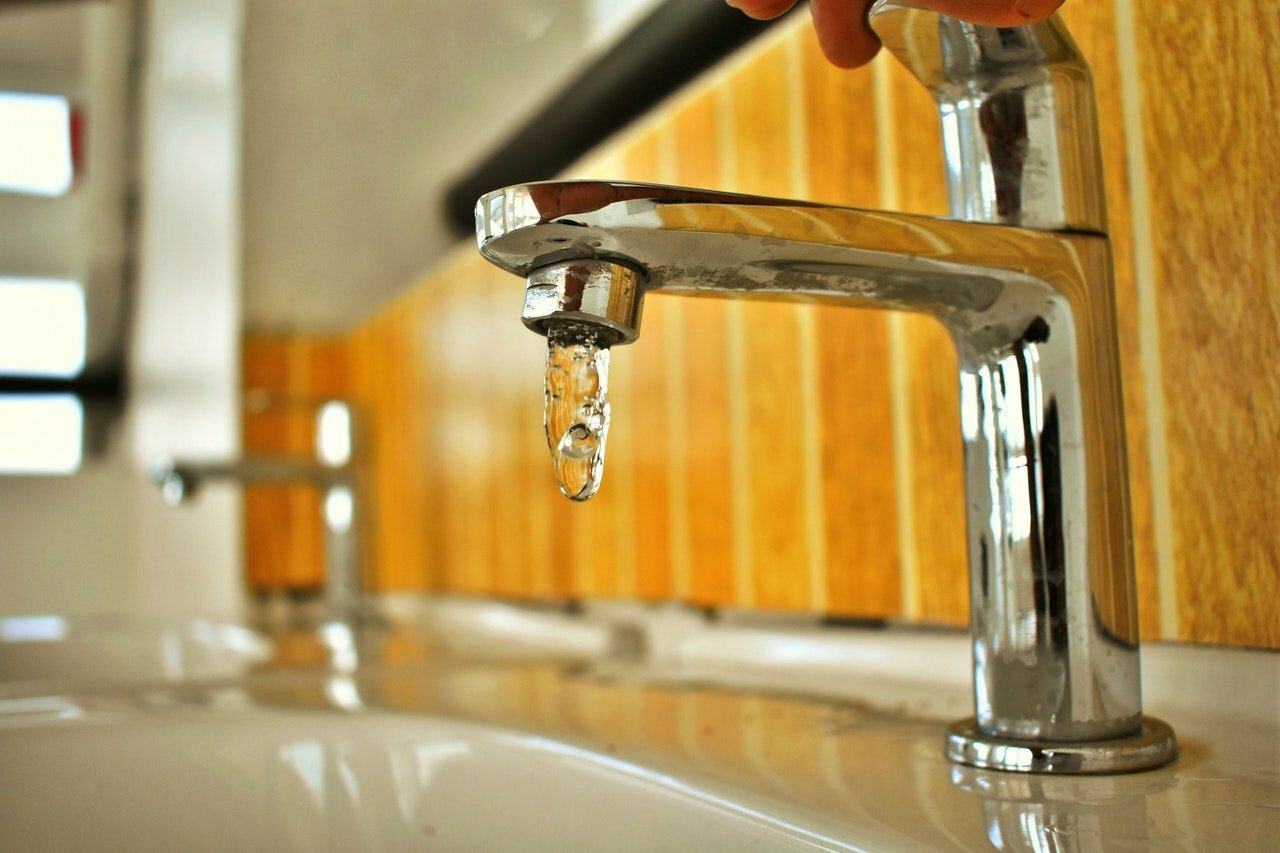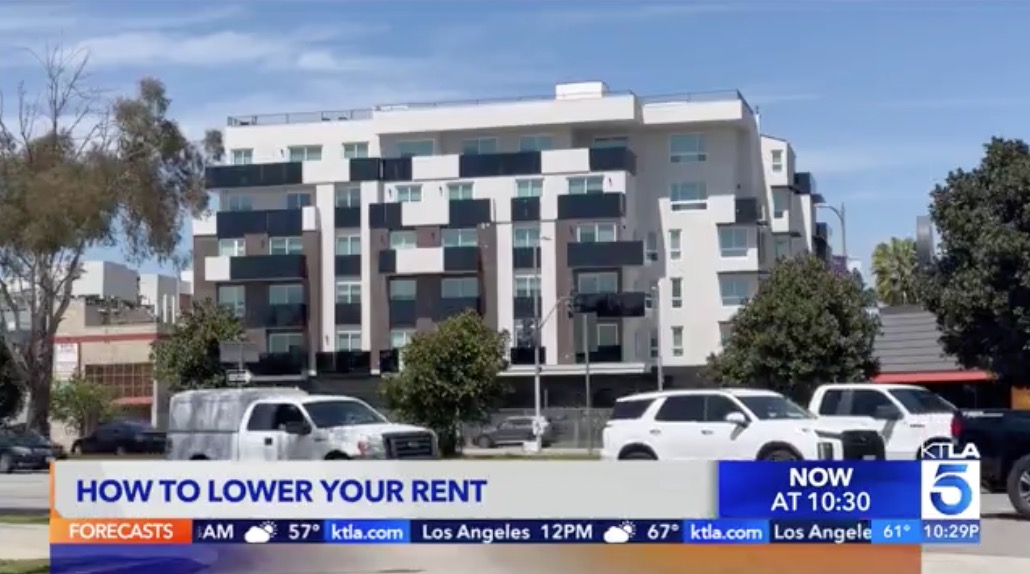The recent batch of winter storms across the country are a reminder of how common of a problem frozen pipes can be in rental homes. If you’ve just moved into a rental home, you might be wondering how you might be able to prevent frozen pipes and why they matter so much. We’re here to help. With a few tips you can save yourself the expense, inconvenience and damage to your personal belongings that come from burst pipes.
Who Needs to Be Concerned About Frozen Pipes
You might think that you only need to worry about frozen pipes if your rental home is located somewhere particularly cold, but this isn’t necessarily the case. Even if you live in a warmer area, you should still take precautions. This is because pipes in warmer areas aren’t normally well insulated, so even a short cold snap can cause serious damage. So no matter where you live and the type of rental you live in, frozen pipes should be something you take into account.
Why You Should Take Preventative Measures
If you’re living in a rental home, you might be tempted to ignore the problem and let your landlord deal with it if it comes up. However, if your pipes freeze, it could inconvenience you in a pretty big way. Not only will water not be running in the frozen pipes, but the pressure building up in the pipes could even cause them to burst. This could cause a flood that could ruin your possessions. Rather than take this risk, use our tips in order to prevent frozen pipes in the first place. You don’t want to ruin your rental home; that’s part of being a good renter.
If you’re not careful to take precautions against frozen pipes, such as heating your rental home, most insurance companies won’t cover the damage. This means that you may end up being personally responsible. We cover a list of precautions you should take down below.
Which Pipes Are Most at Risk of Freezing?
Any of your pipes could freeze, but some are a little more at-risk than others. The ones you want to be most careful about are the ones in unheated, uninsulated spaces. These could be places like your attic, basement, garage, and even some bathrooms. Remember that you only have to be concerned about water supply pipes, not drain pipes, because water supply pipes hold water.
Once you’ve identified which pipes are the most at risk for freezing, you can start to put protective measures in place in your rental home.

Tips for Protecting Against Frozen Pipes
So what are the best ways to make sure your pipes don’t freeze? Luckily, it doesn’t have to be complicated or expensive. Here are a few of our best tips:
Keep your rental home warm.
This is perhaps the most obvious way to keep your pipes from freezing. Keeping the temperature reasonably warm in your rental home, at above 60F, will help to keep the water in your pipes from freezing. If things fall to below 20F, that’s where you’re really in danger of frozen pipes. As for your garage, try to keep the doors closed to prevent the cold air from getting in as much as you can.
Let the faucet drip.
Letting the tiniest drip run from the faucet will also help to prevent freezing, because it is much harder for running water to freeze. This trickle should be warm––use both the hot and cold taps.
Leave cabinet and closet doors open to allow heat to circulate.
More warm air can flow through your rental home if you leave cabinet and closet doors open. This warm air will help to prevent your pipes from freezing.
Invest in some pipe insulation.
There are lots of types of insulation intended for pipes. These can be as cheap as 50c per foot, so you won’t have to break the bank, either. This will help to ensure that the pipes in the uninsulated parts of your home don’t freeze, because they’ll have their own safeguard.
Seal holes and leaks around your pipe.
Check for airflow and holes around your pipes. When you find them, seal them up with caulk. This will prevent the cold air from getting in around your pipes, which lowers the chance of them freezing considerably.
Make sure that you think ahead when you’re away from home.
If you’re going on vacation or have to stay away from your rental home for another reason, remember to leave the thermostat on if the weather is cold. Try and ask a friend or relative to come by to check that the temperature in your house isn’t dropping too low. This will prevent the unwanted freezing while you’re away.
How to Tell If Your Pipes Are Frozen
So how do you know if your pipes are frozen? The clearest sign will be when you turn the faucet on and no water comes out, or only a trickle. If the weather’s cold, then it all adds up: your pipes are probably frozen. A strange smell may be coming from the pipes, as well.
What To Do If Your Pipes Are Frozen
If your pipes are frozen, call your landlord and explain the situation. They will probably call a plumber to your house. If your pipes have burst and are flooding, locate your main water valve and shut it off. This is likely located on the outside of your house, on the side facing the street. This will prevent any more water from flooding out.
Try getting as much of the water out as you can, because it’s possible that plumbers and other maintenance workers will be dealing with lots of calls like yours. You may have to wait a while, and doing what you can to get rid of the water will help you mitigate the damage.
Frozen pipes might be a common problem, but you can still do your best to avoid them. As long as you take the right precautions, you won’t have to worry too much about your rental home. Best of luck!
Check out the Dwellsy blog for more posts like this.
Looking for a new rental home? Try Dwellsy.








